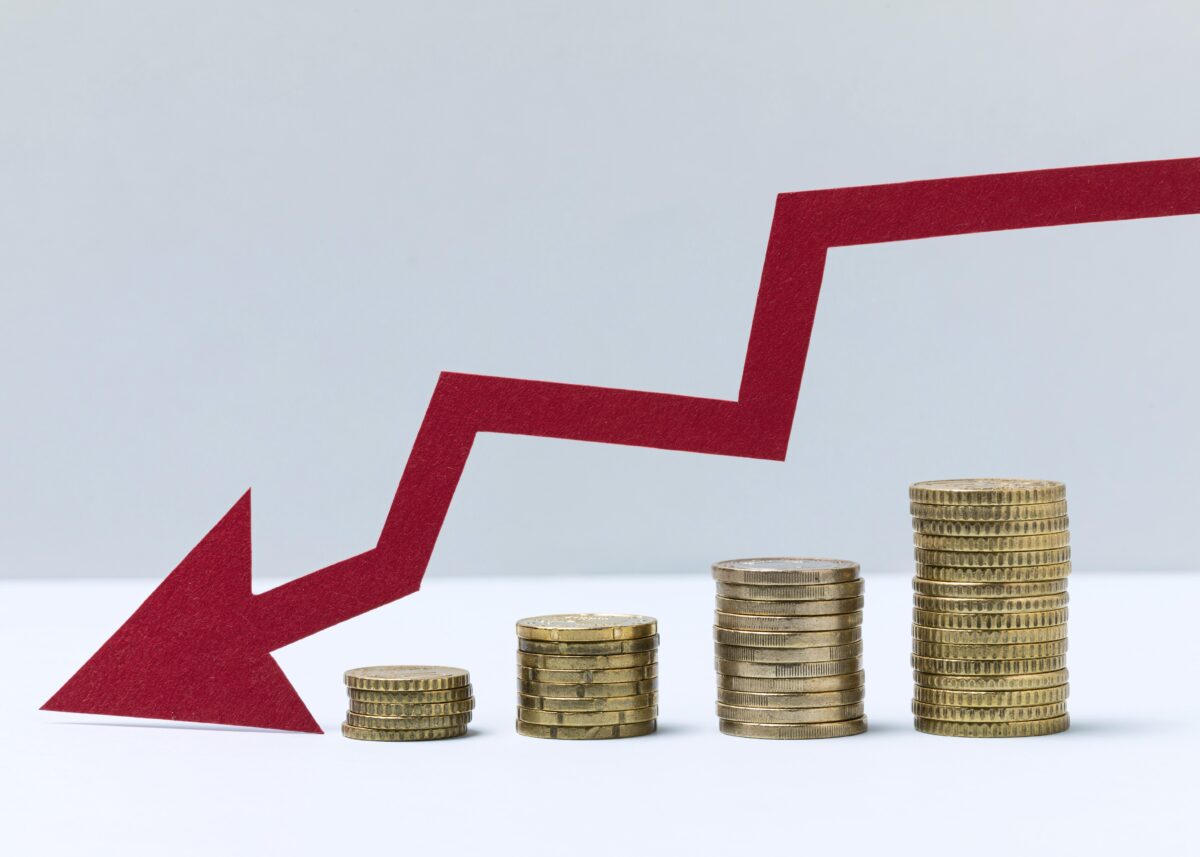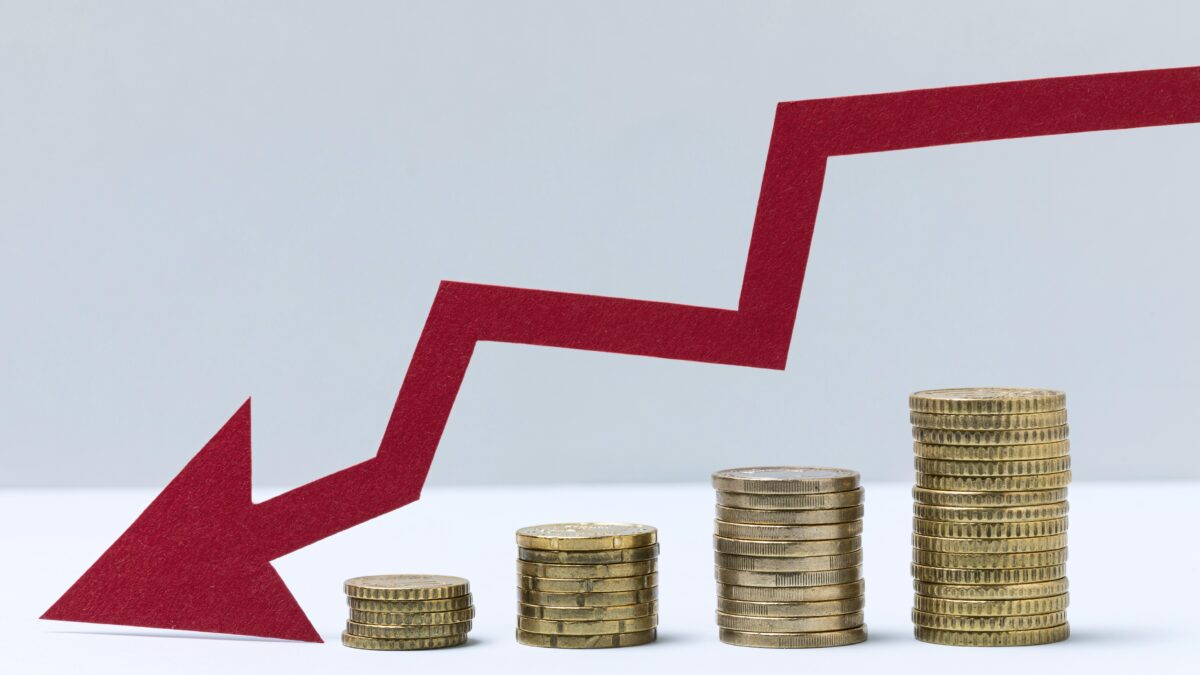
The Heavy Tax Burden on the Salaried
14 January 2024
The recent revelations from the Federal Board of Revenue (FBR) have laid bare a troubling reality in Pakistan's tax landscape. A stark disparity in tax contributions between the wealthy elite and retailers, evading a staggering 175 billion PKR, poses a severe threat to the nation's economic health. This evasion has inadvertently shifted the tax burden onto middle- and lower-income groups, exacerbating economic inequalities. The data underscores the urgent need for decisive action to rectify these imbalances and ensure that all segments of society contribute their rightful share.
Dissecting the Data:
The data highlights a concerning discrepancy in tax contributions across different socio-economic strata. The affluent class, constituting only 1% of their total receipts in income tax, evades taxes at a staggering rate of 35%, resulting in a substantial 75 billion PKR shortfall in tax revenues. Similarly, entrepreneurs and retailers, comprising nearly 19% of the economy, contributed a mere 89.5 billion PKR in income taxes last year, representing just 0.4% of the overall income tax collection.
Addressing the Disparities:
Policymakers are faced with the imperative task of plugging these tax evasion loopholes and ensuring a fair distribution of the tax burden. While the Gas Infrastructure Development Cess (GIDC) could contribute to bridging the fiscal gap, heavy reliance on increasing taxes must be approached cautiously to avoid burdening the low-income group with higher inflation.
A Multi-Pronged Approach:
To diversify revenue streams effectively, a multi-pronged approach is indispensable. Sectors with untapped potential, such as exporters, retailers, and the real estate market, should be targeted for growth through a rational tax framework. Implementing tailored tax incentives can incentivize investment and expansion in these sectors, creating a symbiotic relationship between the government and businesses.
Beyond Income Taxes:
The government must explore avenues beyond income taxes to create a more balanced taxation system. Broadening the tax base to include consumption-based taxes, like value-added tax (VAT) or goods and services tax (GST), can help spread the tax burden more equitably across society. These consumption-based taxes capture revenue from individuals with higher spending power and unreported income.
Enhancing Enforcement and Transparency:
Combating tax evasion requires a comprehensive strategy involving enhanced tax enforcement and transparency. Embracing technology, including advanced data analytics and a robust track and trace system, can identify tax evaders and fortify compliance measures, ensuring a fair contribution from all.
Inclusion of Informal Workers:
Addressing the issue of undocumented and informal workers is crucial. Bringing these segments into the formal economy and taxing them appropriately can significantly boost revenue. Providing incentives, support, and simplified procedures will encourage businesses to operate within the formal system, contributing to a more equitable and sustainable economic landscape.
The call to bridge the tax disparity gap is urgent and imperative for Pakistan's economic well-being. By adopting a comprehensive and targeted approach, policymakers can create a fair and inclusive tax system, ensuring that all segments of society contribute proportionately to the nation's development and prosperity.




4 Comments
Excellent website with a wealth of useful information; I’m forwarding it to some friends and also sharing it on Delicious. Obviously, I appreciate your effort.
Ahaa, its nice conversation about this post here at this
web site, I have read all that, so now me also commenting here.
This entrance is phenomenal. The splendid substance displays the maker’s dedication. I’m overwhelmed and anticipate more such astonishing sections.
Wow, this post is nice, my sister is analyzing these kinds
of things, so I am going to convey her.